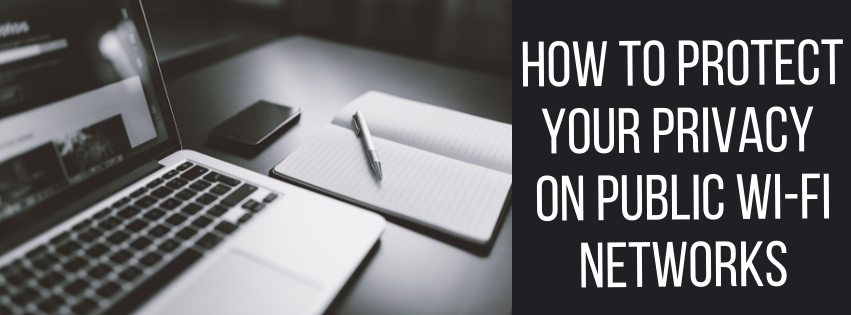If you connect to a public Wi-Fi network, such as the internet provided to you when you stay at a hotel, wait in an airport, or work from your favorite coffee shop, you may be vulnerable to internet snooping. These types of networks often have no real encryption, requiring only a room number and access code ,at most, to access. As a result, your internet browsing history on these networks is not private unless you are on a secure (https) website. Hackers can take advantage of this system to gather plain text data, including any login information you input while surfing the web, to steal your identity or payment information. In order to protect yourself against these cyberthreats, follow to tips outlined below.
How to Assess Your Risk
To find out if you’re vulnerable to snooping, pay close attention to how you connect to the internet. If you only have to “click-through” an internet use agreement but you do not have to enter a password, you are on a public network. Even if you are asked to enter information such as a hotel number and access code, unless your device asks for a password, the network is still public. Hotels use this kind of “captive portal” technology to limit the number of users on their Wi-Fi, but once you are connected, the network is still open to the public eye.
Use a VPN
The solution? Use a VPN when accessing an internet source that may not be secure. A VPN, or virtual private network, is a method of connecting that provides you with extra security and privacy. When using a VPN, your original IP address is replaced with a new one provided by the VPN provider. This allows you to hide your real IP address and location as well as encrypting any data you transfer over a public Wi-Fi network and allowing you to access blocked websites. Encryption works like a tunnel: When you navigate to a website through a VPN, the VPN server actually connects to the website for you, and the website communicates directly with the VPN. How to Geek recommends ExpressVPN or TunnelBear for purchasing a VPN.
Another Solution
If you don’t have access to a VPN, you could also choose to use your cell phone’s Wi-Fi hotspot rather than connecting to a public network and risking your data being stolen.
Regardless of what method you choose, keeping your personal information away from the prying eyes of other internet users is always a good idea, especially for a small business. Utilizing a VPN or your phone’s mobile hotspot will allow you to protect your browsing history and ward off identity theft or other scams being run by hackers who take advantage of public Wi-Fi. Unfortunately there are many ways that outsiders can access your data in public, but staying informed can help you keep your information secure. To learn how to protect yourself from hardware hacking at the airport, you can read our article here.
